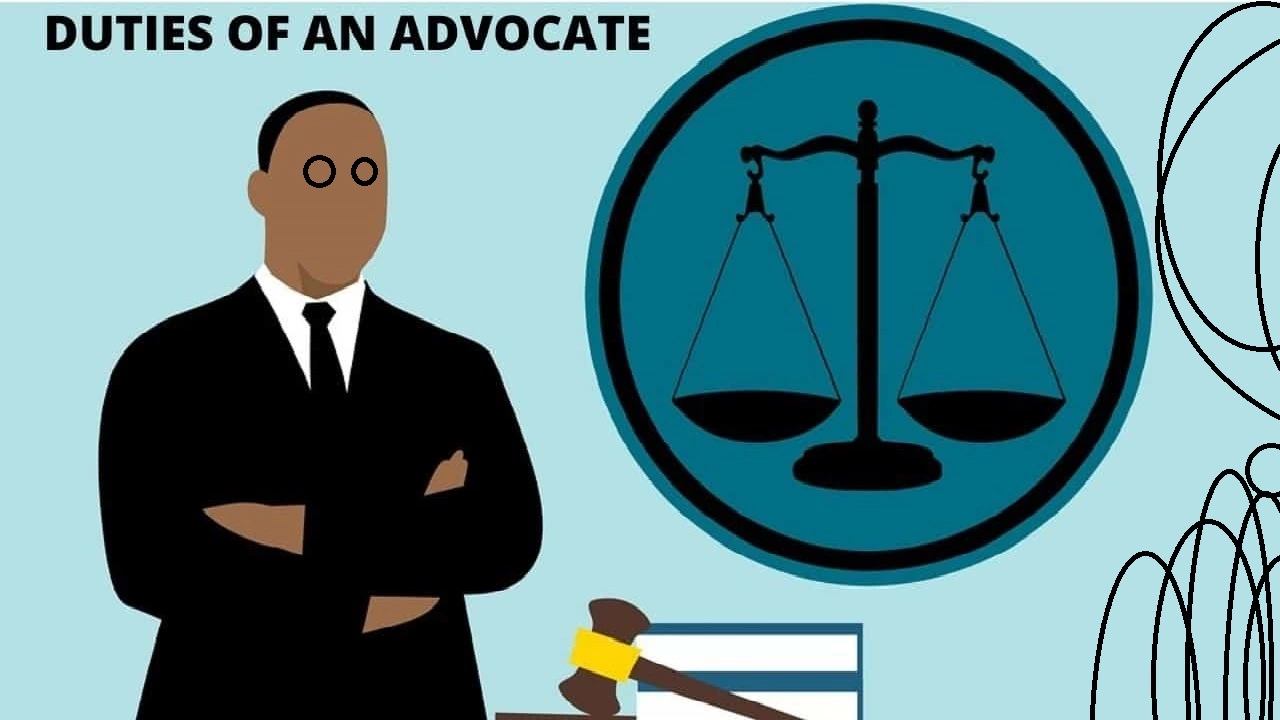
Home » Rules on an advocate’s duty towards the Court

Act in a dignified manner : An advocate must behave in a dignified manner during the time of his case as well as while acting before the court. He should conduct himself with self-respect. Whenever there is a ground for complaint against a judicial officer, the advocate has a duty to submit his grievance to the concerned authorities.
Respect the Court
The advocate must show his respect towards the Court. He/she has to keep in mind that the dignity and respect towards the judicial officer are essential for the survival of a free community
No communication in private
The advocate should not communicate with the judicial officer in private regarding any matter pending before the court. The advocate should not influence the decision of a court in any matter through illegal or improper acts such as coercion, bribe, etc.
Refusal to act in an illegal manner towards the opposition
An advocate should not act in an illegal manner towards the opposing counsel or opposite party. He should use his best effort to restrain his client from acting an illegal, improper manner or perform any unfair practice towards the judiciary, opposing counsel or opposing party.
Refusal to represent clients who insist on any unfair means of practice
An advocate shall refuse to represent the client who insists on using unfair or improper means. He shall be dignified in using his language in correspondence and arguments in the court. He shall not scandalously damage the reputation of the parties on false grounds during the pleadings.
Appear in proper dress code
The advocate should be present at all times in the court only in the proper dress code prescribed by the Bar Council of India Rules, and the dress code must be presentable.
Not represent the establishment of which he is a member
An advocate should not appear in the court, for or against any establishment in which he is a member. But this rule does not apply in the case of appointment as an ‘Amicus Curiae’ or without a fee on behalf of the Bar Council.
Not appear in matters with pecuniary interest
The advocate should not act on behalf of any matter in which he has a financial interest. He should not accept a brief from a company in which he is a Director.
Not stand as surety for the clients
The advocate should not stand as a surety for his client, or certify the soundness of a surety that his client requires for the purpose of any legal proceeding
From
Ms. Jyoti Garg
Assistant Professor
July 5, 2023RECENT POSTS
CATEGORIES
TAGS
Agriculture Agriculture future AI Architecture artificial intelligence Bachelor of Commerce BA English BA Psychology BTech AIML BTech CSE BTech cybersecurity BTech Engineering Business management career Career-Specific Education career guide career option career scope Civil engineering commerce and management Computer Science Computer science engineering Data science degree education Engineering Engineering students English Literature english program Fashion Design Fashion design course Higher Education Journalism journalism and mass communication law Law career Machine Learning mathematics MBA MBA specialization Mechanical Engineering Pharmacy Psychology Research and Development students
University Address: Nachauli, Jasana Road, Faridabad, Haryana
For Admissions :
Toll Free: 1800-120-4613
Mobile : 8447744303 | 8447744304 | 8447744306 | 8447744309
8700003974 | 8700003411 | 8700003749
Address: C-72, Second Floor, Shivalik, Near Malviya Nagar,
Above HDFC Bank, New Delhi 110017
Landline No. - 011-46570515 / 45138169 / 41755703
Mobile No. - +91-7303152412 / +91-7303152420 / +91-9311321952
Jagmani Kutir, Ground Floor, Road No-1, Rajeev Nagar,
Near Darbar Marriage Hall, Patna-800024, Bihar
Contact No: 9818352069/ 8130120095
Mail: kanhaiya@lingayasvidyapeeth.edu.in
Copyrights © 1998 - 2025 Lingaya's Vidyapeeth (Deemed To Be University). All rights reserved.
It is important to note that the following email IDs and domains are fraudulent and do not belong to our university.
LV only conducts physical/online verification of any document related to examination on the following email id: